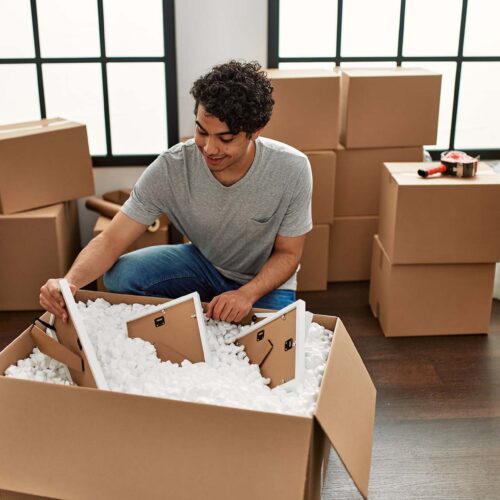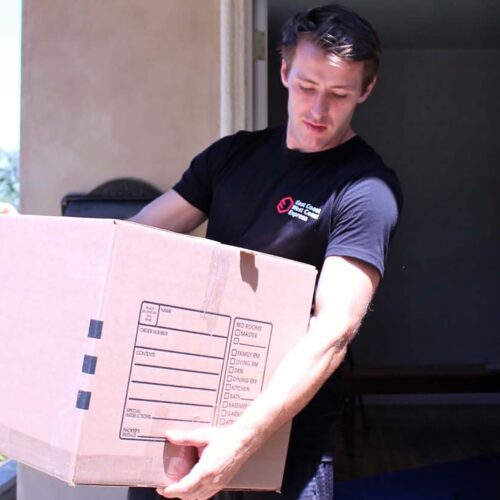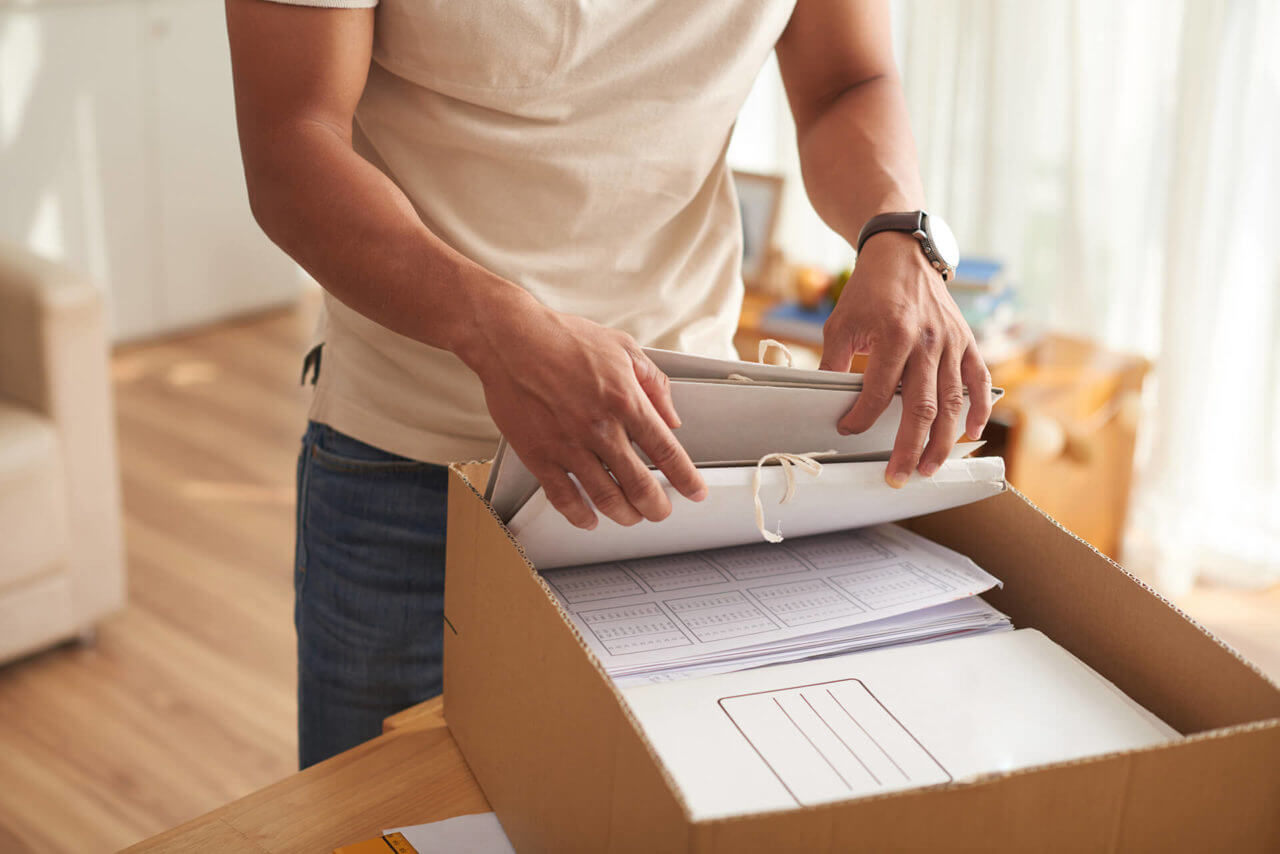

If you need some guidelines on how to organize important documents at home, you have come to the right place. We understand that the struggle is real, whether you just need advice on how to store important documents at home or you’re relocating long-distance and want to keep track of moving-related paperwork. We have gathered essential tips on classification and storage systems to help you keep your records well-organized and clean.
What Are Important Records and How Long Should You Keep Them
Important records are the kind of items you’ll have to keep around for special occasions. You’re mostly going to need them for situations like moving to a new place, purchasing a house, making a will, or having a baby. These events rarely happen, but it is crucial to have those files in a place where they can be easily found. To avoid clutterring your house and storage drawers, you should go through your records every month and throw away the excess. Let’s see examples of important papers you own and how long you should keep them:
- The documentation you should keep for three months: utility bills, receipts, and slips for credit card deposits and withdrawals
- The documentation you should keep for a year: paycheck receipts, mortgage statements, checkbook ledgers, and expired insurance records
- The documentation you should keep for up to seven years: bank statements, W-2 and 1099 forms, medical bills, disability records, unemployment stubs, and canceled checks
- The documentation you should keep indefinitely: personal, medical, educational, and retirement records; annual tax returns, deeds, mortgage statement, legal contracts, wills, home improvement receipts, real estate certificates, insurance policies, power of attorney designation, vehicle titles, and burial instructions.
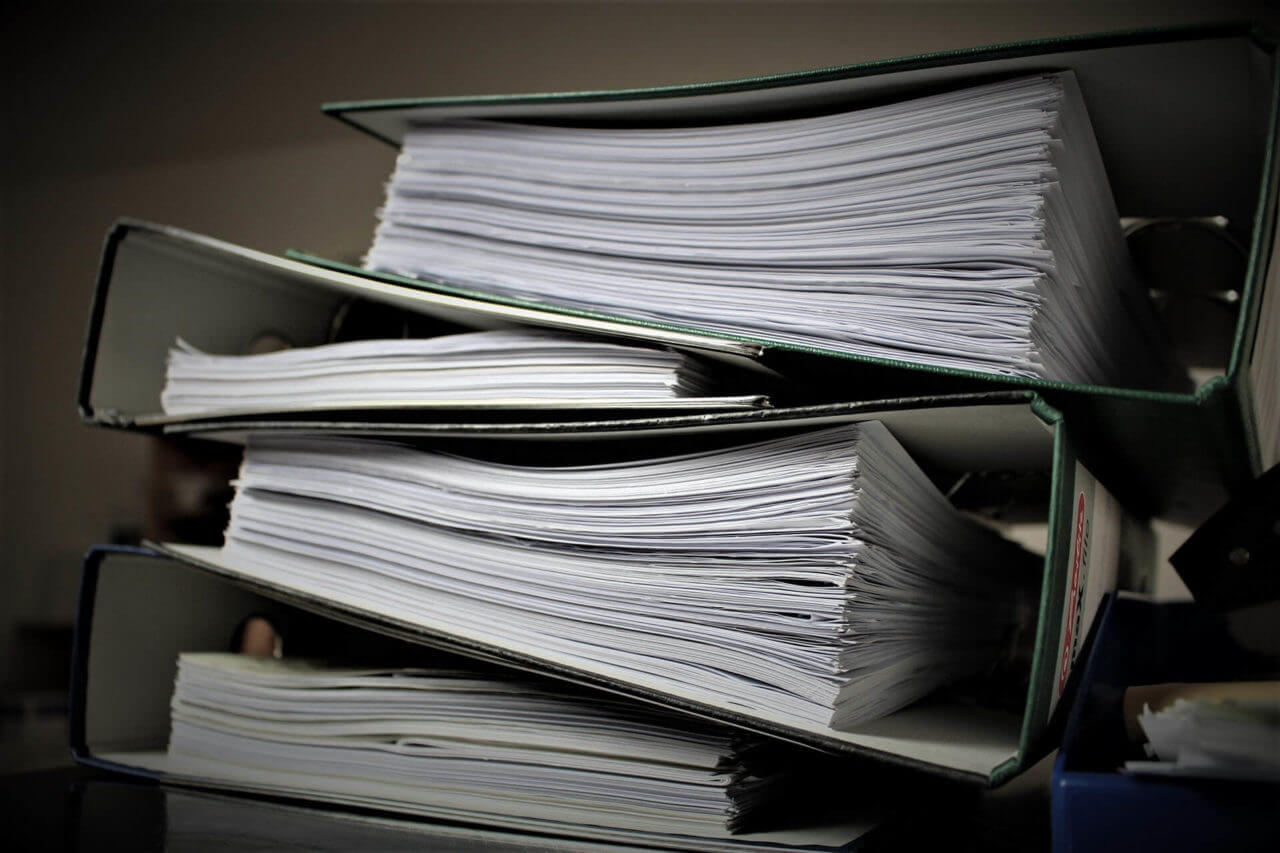 Be sure to know how long you should keep relevant documentation.
Be sure to know how long you should keep relevant documentation.
Put Together All of Your Papers in One Spot
The first step of assembling and categorizing your files is getting them all together in one place. Most of your files can be found in obvious places such as filing cabinets, desk drawers, and mail piles. However, best check the living room too because we tend to pile different paperwork and bills there. Don’t forget to search your bags and kitchen corners as well. When you gather everything, you’ll thoroughly see which ones you are going to store, recycle or shred. You can do this either on a kitchen table or on a working desk if it’s big enough.
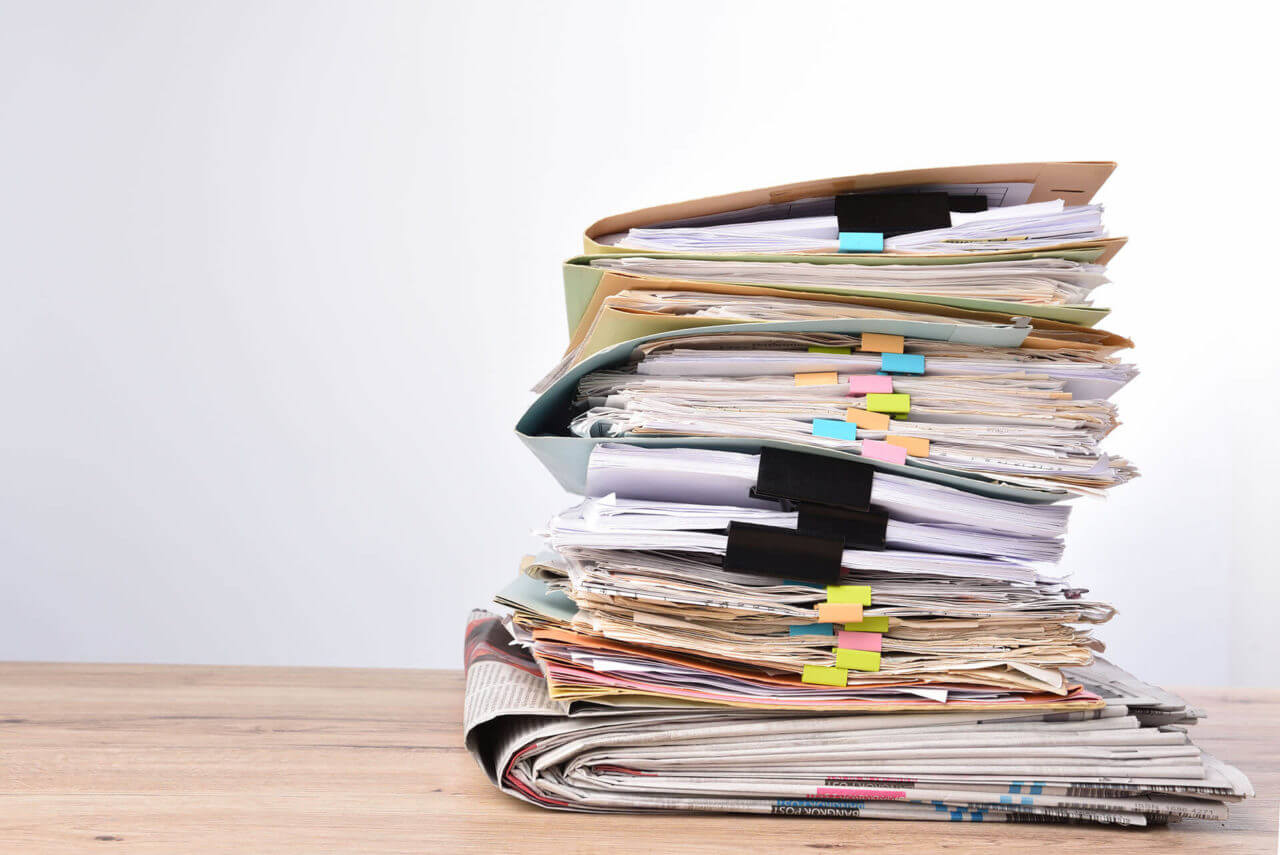 First, you should bring together each file and every record for categorization.
First, you should bring together each file and every record for categorization.
How to Organize Important Papers in the Right Way
When you put all documentation in one place, you can start the categorization. Besides being a part of a well-ordered life in general, a sorted out paperwork is crucial for getting organized to move too — which is why those who are relocating will also find this article helpful. For starters, you can use different cardboard boxes to fit different types of records. Now, let’s see how to organize documents into categories.
Set up a Separate Action File to Organize Important Documents
You should make an action file where you can store the paperwork that has to be dealt with as you receive it. These include incoming mail, bills, meeting reminders, invitations for the upcoming events, receipts for recently purchased items, or the ones you are waiting to be delivered. You will recycle or shred most of these soon, but some, like medical bills, will have to be kept for a more extended period. Such files you can put in a separate folder. Ideally, the action file should be as small as possible.
Set up separate archive files
Your archive files should include your personal records. They prove you and your family members exist, pay taxes, own living space, have graduated from college, and travel with a passport or visa. If you own a couple of properties or a business, you’ll naturally have more files. Your archive folder should contain:
- Birth certificates
- Passports
- Tax returns
- Leases
- Medical papers
- Academic records
- Employment contracts
- Retirement files
- Life insurance papers.
You can store all these in alphabetical order, labeled and in fireproof folders. However, be sure to keep the ones you most commonly use, like passports and birth certificates, at the front of the folder.
Set up a Binder for Household Files
Household folders should contain files that don’t require your immediate attention but also don’t belong in the archive containers. Those include vouchers, coupons, gift cards, loyalty cards, receipts for taxes, and insurance policies. A great way to keep these organized is to create a binder and categorize them in different sections.
Discard Papers You Don’t Need Anymore
The last step of sorting out your essential paperwork is shredding the expired documentation. Your tossed files would end up on a recycling plant or a landfill, but it can easily happen that the wind will toss away your bills or essential documentation. Somebody could pick it up and put you through a lot of trouble with identity theft. This is why you should shred all paperwork that has any sensitive information about you.
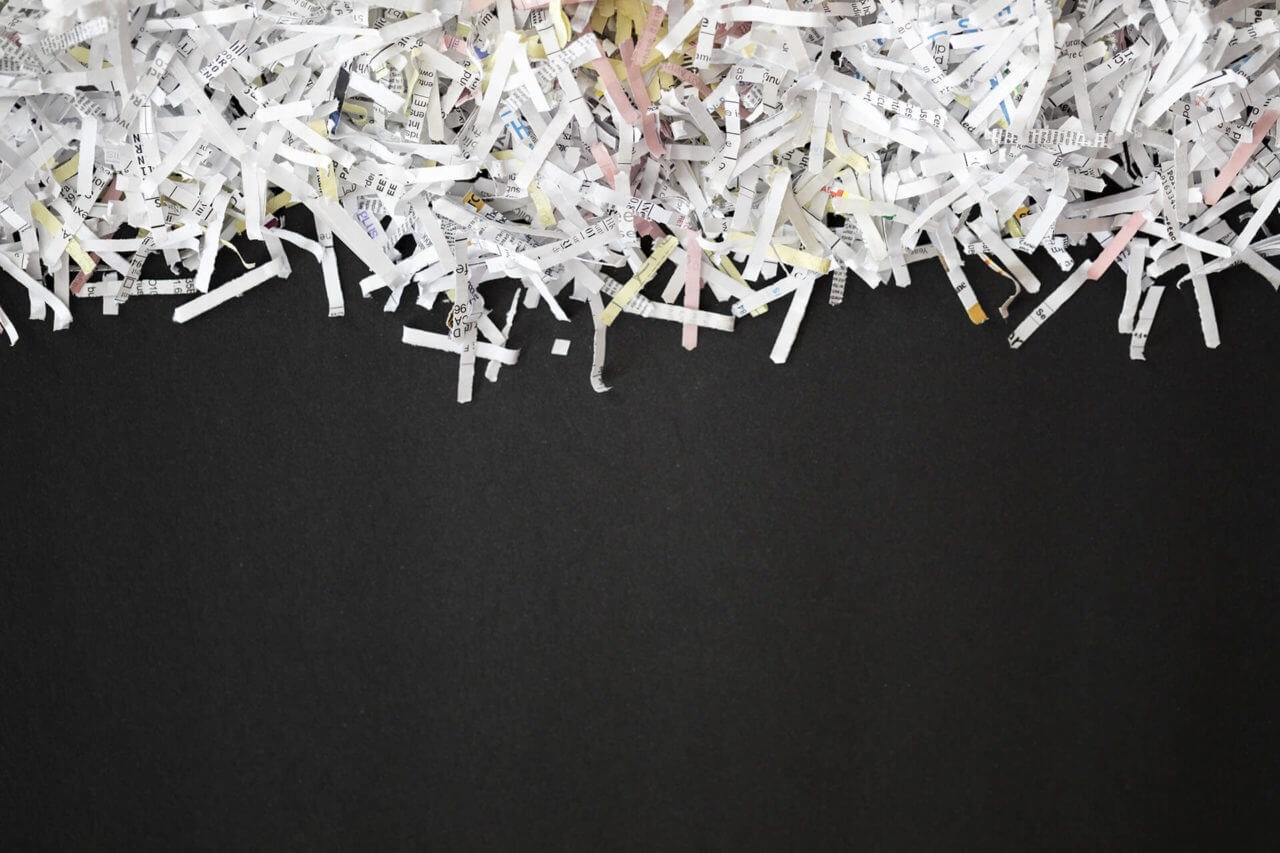 Protect information about yourself and your family members by shredding expired documentation.
Protect information about yourself and your family members by shredding expired documentation.
Keep Moving-Related Documentation Organized
As we’ve pointed out, this article will come in handy for anyone who plans to relocate to a new place. If this is your case, keep in mind that the documentation related to the move has to be organized before you book packing and moving services. Also, have in mind that some of your files and documentation may have to spend some time in a storage facility until you find them a good place in a new home. Among your sorted files, be sure to keep your household inventory list close with you. If you are moving with cats or any other pet, be sure you keep the vet records in one place. Your moving essentials in terms of documentation should include a passport, which is needed to travel abroad, driver’s license, social security card, birth certificate, insurance policies, and vehicle registration records.
Unless you’re hiring auto shipping services when relocating long-distance, those files should travel with you in your car.
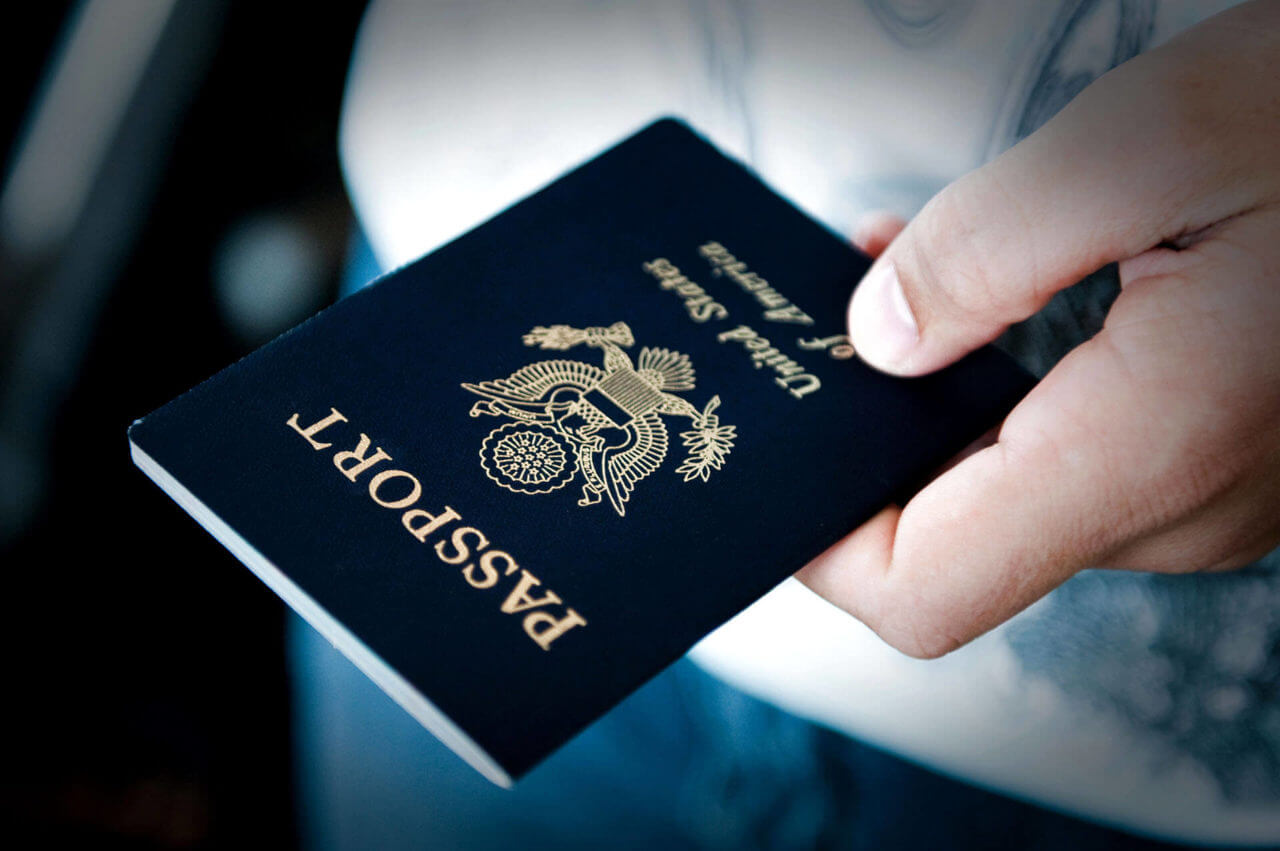 Keep your passport and other moving-related records organized when relocating.
Keep your passport and other moving-related records organized when relocating.
Make Copies of Your Wallet Documentation
There is plenty of crucial documentation we need every day, which is why we usually keep them in our wallets. Unfortunately, this isn’t entirely safe since there is always a risk of that documentation being lost or stolen. When that happens, our personal information is endangered – not to mention the loss of money we suffer and the trouble we have to go through to obtain new papers.
It’s not a bad idea to make duplicates of your health insurance card, membership cards, loyalty programs cards, driver’s license, library card, and credit/debit cards (copy of both front and back). You should keep these copies together with your other relevant paper documentation.
 Make duplicates of wallet documentation just in case.
Make duplicates of wallet documentation just in case.
Ideas on How to Organize Important Documents at Home
Are you wondering where to store important documents? We have assembled a couple of ideas to keep your paper and other documentation sorted out in easy access.
Obtain a Letter Tray to Organize Your Desk Space
Any relevant paperwork that’s been piled up on your desk can be sorted out simply. You can purchase a paper tray you’ll be using to store all your files from the desk. WIth its tiers sliding in and out seamlessly, you’ll be able to access anything you might need easily at any given moment.
It’s Easy to Keep Track Your Files in Tray Dividers
If you have your paperwork piling up in your desk drawers, consider getting some tray dividers. The quarter sheet baking pans could serve this purpose. You can obtain a couple of smaller ones and select each for a specific purpose.
Consider Using Snap-N-Store Letter-Size File Box
This type of box is built to store hanging folders. Each folder should be labeled under different categories. Therefore, when you have to get out specific paperwork, you’ll easily find the one you are looking for. These boxes come in various sizes, and you can choose the one that fits your documentation scale. Sides of such a box can be unsnapped and folded flat when you are not using it. The lid of the container is deep enough to fit tabs and labels.
Color-Coded Hanging Folders Are a Great Way to Keep Track of Your Files
Organize important documents with the color-coded folders. They will save you both time and frustration. This type of storing system allows you to identify your files by categories visually. Select four to six paperwork categories and assign different colors for each. Then determine how you will label your folders. Some people prefer to write directly on the tab, while some like to use self-adhesive labels. Finding files using this method is a great way to keep everything organized and to hunt through your files faster.
Find Foldable Magazine Holders
Magazine holders are pretty versatile and offer opportunities for vertical filing systems. You can place a couple of them in the hallway and categorize them. For example, you can have separate ones for mail, bills, children’s homework, office paperwork, etc. Any paperwork coming into the house can be placed into these magazine holders. The good thing about them is that they are not bulky, but can easily store plenty of things. When you notice that items are piling up, you’ll know that it’s time to go through them. Ideally, you should do this once every month.
The Best Way to Save Space: Wall Organizer
If you are living in a smaller home, consider using wall organizers. Your important paperwork and other files will be stored on your wall, and you’ll be able to access them easily. Wall organizers are very low-key and functional. These come in various sizes, and there will be enough pockets for different file categorizations. However, if you want to save money and enjoy DIY crafts, you can make a wall organizer yourself.
Follow the Hanging Clipboards Style
Install several hanging clipboards in your kitchen or a living room wall for reminders. Hanging clipboards are very cost-effective and can be easily made. You can use it to attach important bills yet to be paid, as well as other notes and paperwork reminders.
Reduce the Amount of Paper Mail and Create an Online Account on Evernote
We all want ideas on how to store important documents, but most of your records can actually be in the electronic form. Go paperless with your statements and bills. The same goes for your magazine and catalogs subscriptions. Switch to digital forms, and you’ll have more storage space available in your home. You can also open an account on platforms such as Evernote, an app designed for organizing, archiving, and note-taking.
Create a Built-In Solution in Your Home
If you want to keep your documentation and files out of sight, consider installing built-in shelves or drawers. These can be built in either your kitchen, living room or office – the choice is all yours. With such a solution, you’ll get both a functional space and an elegant interior look. Built-in drawers can especially come in handy if you are moving to a smaller home.
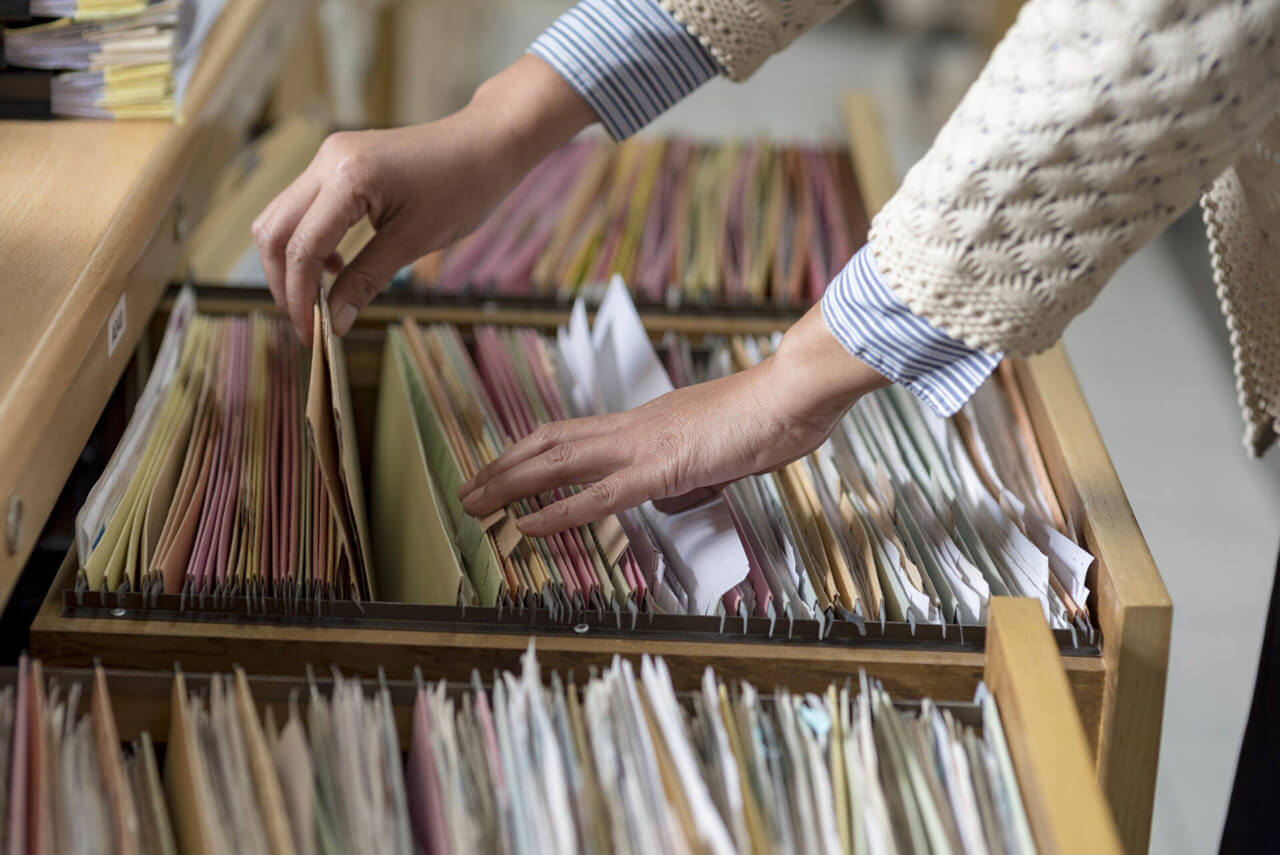 Built-in drawers are the best way to keep your records and files sorted.
Built-in drawers are the best way to keep your records and files sorted.
We Bet That Sorting Out Documents Became a Whole Lot Easier After These Tips
It’s not difficult to see why so many people are scared when it comes to organizing paperwork. Yet, we hope that after going through the tips and tricks in this article, you now know how to keep important documents organized and have fun doing so.








